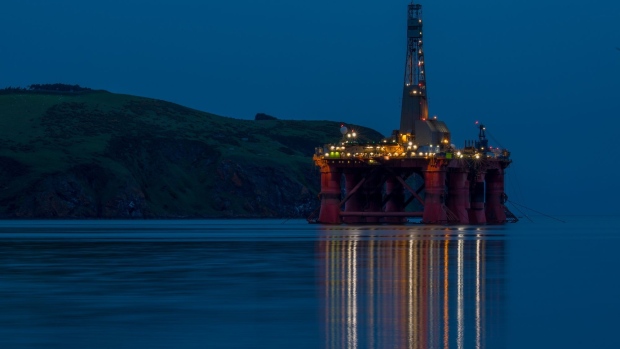Apr 20, 2021
U.K. oil industry may reach CO2 neutrality before gender parity
, Bloomberg News

Achieving net-zero carbon emissions by 2050 is one of the greatest challenges of our time. But apparently not the greatest challenge.
On current trends, the U.K. will have mostly given up fossil fuels before its North Sea oil and gas industry achieves gender parity, according to the sector’s trade body.
“It will be well into the 2050s before the industry can expect gender parity in the basin, more than ninety years after the first production of hydrocarbons,” Oil and Gas U.K. said in the report released on Tuesday.
While the country’s oil and gas companies have made efforts to diversify their boards of directors in recent years, men still outstrip women in roles from trading to technologies. About 25 per cent of the workforce in the U.K. Continental Shelf is currently female, according to OGUK, or just over 35,000 people out of 140,000.
“That’s just clearly not good enough,” Craig Shanaghey, head of operations services in Europe, Middle East and Africa at Wood Plc, and also OGUK’s diversity and inclusion task group chair, said at a webinar. “Improving our industry’s diversity and inclusion shouldn’t be seen as an isolated challenge, separate from recovery from the pandemic and transition to net zero.”
Women are over-represented in support functions and human resources, service, legal and finance are almost balanced, but there’s a huge gap in some activities, particularly operations, Paul de Leeuw, a professor at Robert Gordon University, lead author of the report, said at the event. Future low-carbon projects should provide opportunities for more “gender-agnostic” roles, he said.
Last year’s energy outlook from BP Plc shows global oil consumption slumping as much as 80 per cent over the next three decades if net-zero carbon policies are adopted worldwide to combat climate change. The U.K. aims to create new jobs in renewable energy, carbon capture and storage, and hydrogen as the future of the North Sea energy industry.





